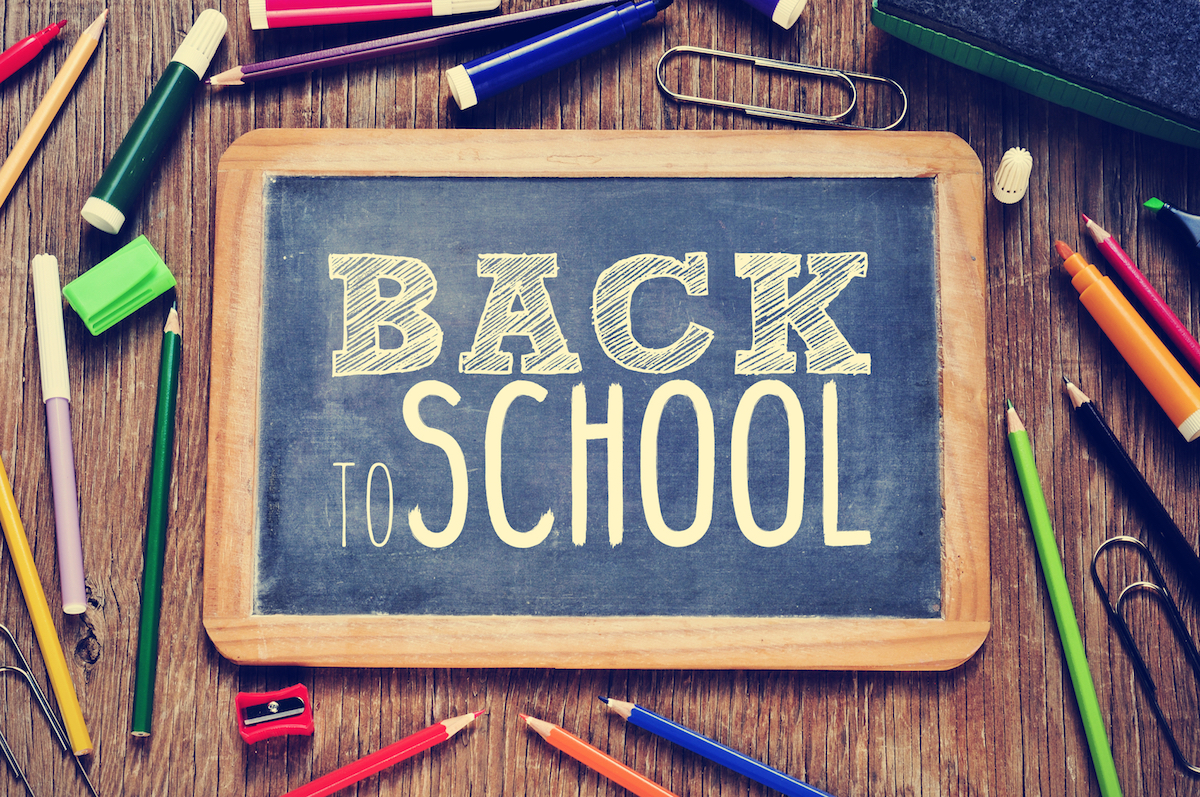How to Help a Military Child Adjust to a New School
Frequent PCS moves are a fact of life for military children. According to the Department of Defense Education Activity, military children move and change schools on average of six to nine times between grades K-12. While these children have opportunities to see the world that civilian children may not, transitioning to different schools isn’t easy. A child will have to acclimate to a new environment, make new friends, adjust to new teachers, and sometimes, catch up academically to the rest of the class. It’s hard when the kids are younger, and can get even harder when they are in their teens. Children might feel anxious, angry, and sad, and well, just tired of starting over…over and over again. The key to a smooth school transition is preparation and having a plan of action – for before the move and after. If you’re a parent with a school-age child, here are some tips to keep in mind the next time you receive your PCS orders:
Before the move
Take a school “tour”
Knowing what to expect can reduce anxiety. Take a look at the new school’s website together with your child. View pictures of the students, teachers and classrooms, see the activities and sports that are available, and try to get an idea of the school culture. Your child might start to look forward to joining a new club or get excited that the cafeteria has Taco Tuesdays. While it’s entirely normal for a child to be nervous about changing schools, focusing on the positive things to come, rather than what they are leaving behind, can ease the transition.
Do your homework
Not all schools follow the same curricula. This can leave new students struggling to find their place academically. Prior to moving, find out what curricula the new school is following for all the major subjects. To avoid educational gaps, obtain reading materials or workbooks that can help your child get on the same page with his or her future classmates.
To address the issues related to educational inconsistencies, including mandated testing, graduation requirements, and kindergarten entrance ages, the Military Interstate Children’s Compact Commission (MIC3) was established. The goal of the Compact, according to its website, is to “replace the widely varying policies affecting transitioning military students…It uses a comprehensive approach that provides a consistent policy in every school district and in every state that chooses to join.” Visit the website to learn more about the MIC3 or download this helpful Parent Guide.
Get acquainted
If you are moving during the summer, use the time before school starts to help your child meet some of his or her future schoolmates. Sign your child up for activities offered through the MWR or your community.
After the move
Encourage them to get involved
Whether it’s a sports team, theatre group, yearbook club, or something else, encourage your child to get involved in an extracurricular activity. It doesn’t matter if it is a school-sponsored activity or one run by your installation’s MWR. The goal is to foster friendships.
Consider tutors
Adjusting to a new school is difficult enough; falling behind in class can make it even more so. If your child is struggling, consider getting them a tutor. Look for a tutor locally, or use Tutor.com, a program funded by the U.S. Department of Defense and Coast Guard Mutual Assistance that provides free one-on-one online tutoring to military children in grades K-12. Learn more about free homework help and test prep for military kids.
Take advantage of base resources
Research resources at your base designed to help your child adjust to – and excel at – their new school. Contact your installation’s DoD School Liaison Officer (SLO). SLOs partner with schools to provide education support information and solutions education-related problems.
Go online for assistance
There are many online resources available to help parents support their children during the school transition. Check out the Military Child Education Coalition, the National Military Family Association, and SchoolQuest, to name a few. The more you know, the more you can advocate for your child.
Get professional help if needed
Military children face challenges that are unique to military life, and some children may need additional support to help get them through stressful times, such as a change in schools. Always acknowledge your child feelings. If your child is showing chronic signs of depression, anxiety, or anger, you may want to consider professional counseling. To find counseling services at your installation, visit Military Installations and select your installation and then “Child Development Centers” or “Youth Programs/Centers” in the drop-down menus.
Military children are incredibly resilient, but having to completely uproot every few years is tough. These tips can lessen the impact of a PCS move and facilitate your child’s adjustment to a new school. Before you know it, your child will be hanging out with new friends, acing academics, and creating wonderful memories to take on their next journey.
The information provided in this blog post is for informational purposes only. It should not be considered legal or financial advice. You should consult with a financial professional to determine what may be best for your individual needs.

Friendship Rewards Program
Refer a friend and get a $25 Omni Gift Card



